Learning what to expect from the common phase of “picky eating” can help you worry and stress less during kids’ meals and snacks. Use this post for reassurance, context, and straightforward tips for what to do to improve mealtimes with kids.
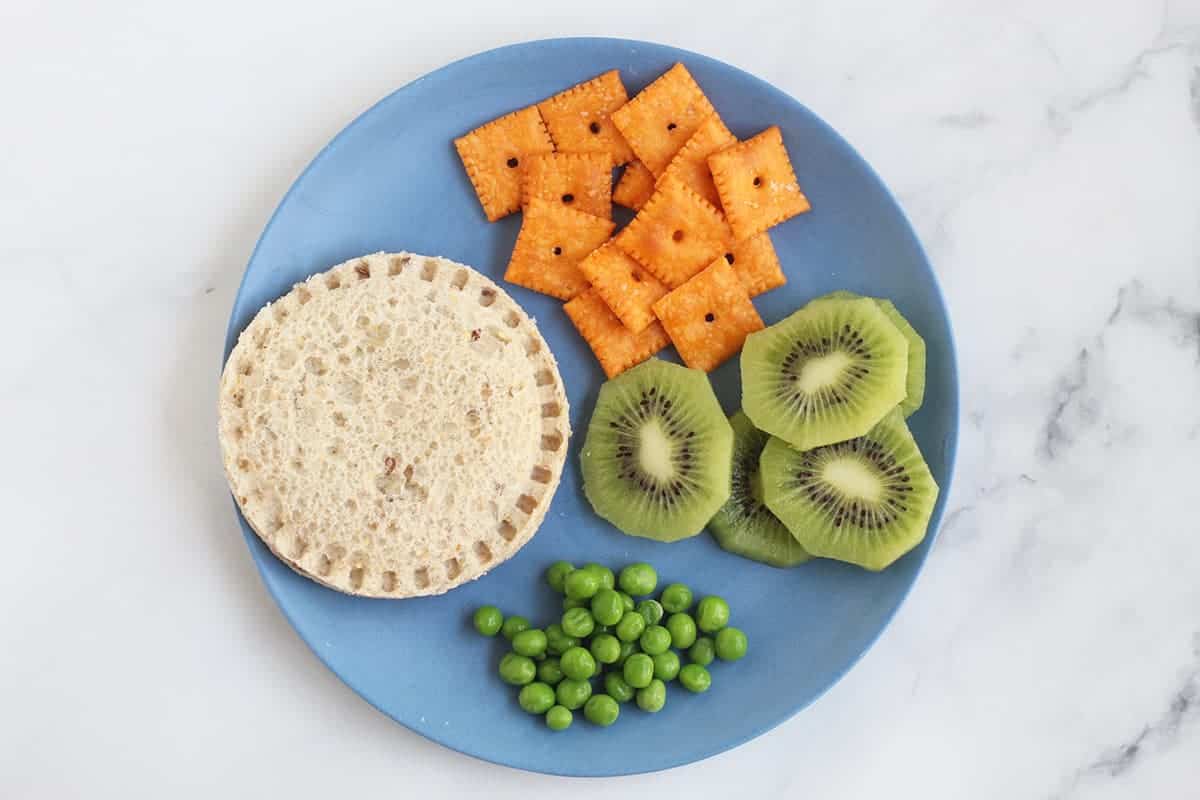
Picky Eaters
Sometime between age 1 and 2, most kids go through a normal phase of picky eating known as “neophobia.” They become more selective than they were as babies, both due to a decrease in appetite—growth slows down during the toddler years as compared to the first year of life—and as they become more aware of the world around them. Part of it is simply the kids learning that they have the power to say “no.”
Often, it catches us parents totally off guard. We don’t know what to feed them because they suddenly won’t eat the foods they loved … and they are vocal about it.
It’s seriously stressful. The good news? There’s a LOT we can do in terms of expectations and perspective that can make it better.
I’ll start with noting I don’t love using the term “picky eaters” since there’s no standard definition, and I think we often use it to describe totally normal situations and behaviors when feeding kids.
Table of Contents
- Picky Eaters
- Best Tips to Help Picky Eaters
- Daily Toddler Nutrition
- Sample Toddler Meal Plan
- Division of Responsibility in Feeding
- What should I do when my toddler won’t eat vegetables?
- How can I help my toddler try new foods?
- My toddler won’t eat dinner—what can I do?
- My toddler seems like he doesn’t eat enough. What should I do?
- Is it possible to overfeed my toddler?
- My kids want snacks all day. Help!
- My toddler seems to have issues with different textures. How can I help her?
- Why won’t my picky eaters eat meat?
- What's the best diet for picky eaters?
- Finally, Remember: This Is a Phase
Your toddler won’t eat? Help is here!
Sign up for our email updates to get tips and ideas sent to your inbox.
Best Tips to Help Picky Eaters
Since I know many of you want to jump right into the meat of the matter, here are some tips to get you started helping your picky eaters.
- Lower your expectations both in terms of how much or little each child will eat, but also in terms of mealtimes—and simply let each person be as hungry or not hungry as they are.
- Keep portion sizes small to reduce potential food waste and to reduce the kids feeling overwhelmed by food on their plate.
- Space out meals and snacks to allow hunger to build and rely on a regular mealtime schedule so the timing is at least mostly predictable.
- Serve water between meals if it seems like the kids are filling up on milk.
- Serve meals family style as an easy way for the kids to feel more in control of what goes onto their plate.
- Resist forcing bites, as research has shown kids who are forced to eat certain foods dislike those same foods later in life.
- Resist commenting on intake, as that can feel like pressure to some kids, which can make meals more stressful. Talk about other things, like you would if you were sharing a meal with a friend.
- Instead of getting up to make another meal if the kids don’t want what you made, aim to include 1-2 foods they usually like in each meal to ensure there’s always something they can eat.
- Encourage and model enthusiasm around food, which simply means eat with the kids and be sure to eat foods you love, too.
- Explore food outside of the table—at the grocery store, at the farmer’s market, or by reading about them in books.
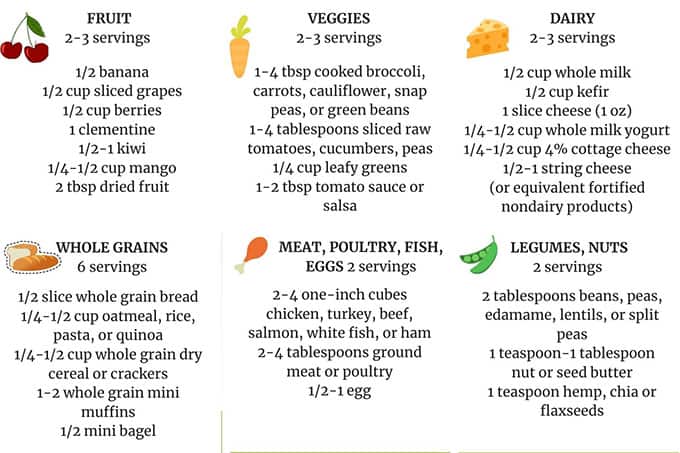
Daily Toddler Nutrition
One thing many parents want to know is how much of each food group kids need for growth. It’s important to remember that guidelines are averages and our kids can eat more or less than what the chart says—and it may even out more over time than if you’re looking at intake at just one meal.
And, serving sizes may be smaller than you realize, so it’s important to take a glance at the baseline recommendations for perspective. Here’s my Quick Reference Toddler Nutrition Guide to help.
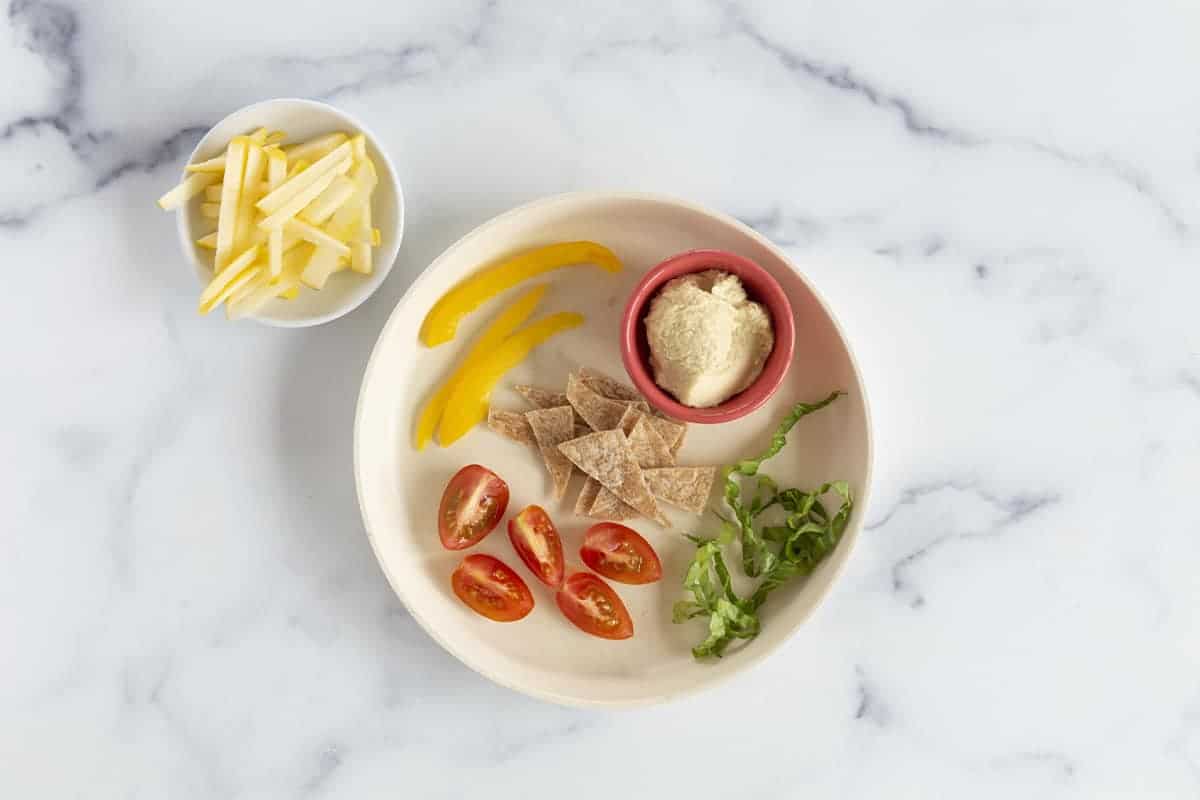
Sample Toddler Meal Plan
Feeding kids every day can be a lot of work, but knowing when and how much to offer can make a big difference in the way the food is received at the table. These sample daily toddler meals and feeding schedules are a great way to get a handle on whether something is off in your own schedule.
Division of Responsibility in Feeding
When thinking about your role in feeding your child, I like to recommend a feeding principle called the Division of Responsibility from Ellyn Satter that clearly defines our role as parents and caregivers and the child’s role. It can be summed up as:
- The parent is responsible for the when, the what, and the how of food being served.
- The child is responsible for how much they eat and which specific foods they want.
The beauty of this approach is that it allows you to stop worrying about monitoring every bite your child takes so you can simply enjoy the together time at the meal instead. Serving meals family-style can really help with this, too. Try the Division of Responsibility.
Note that this should not be used as a way to “get” the kids to eat foods you want them to eat, but a way to allow them freedom within boundaries you set.
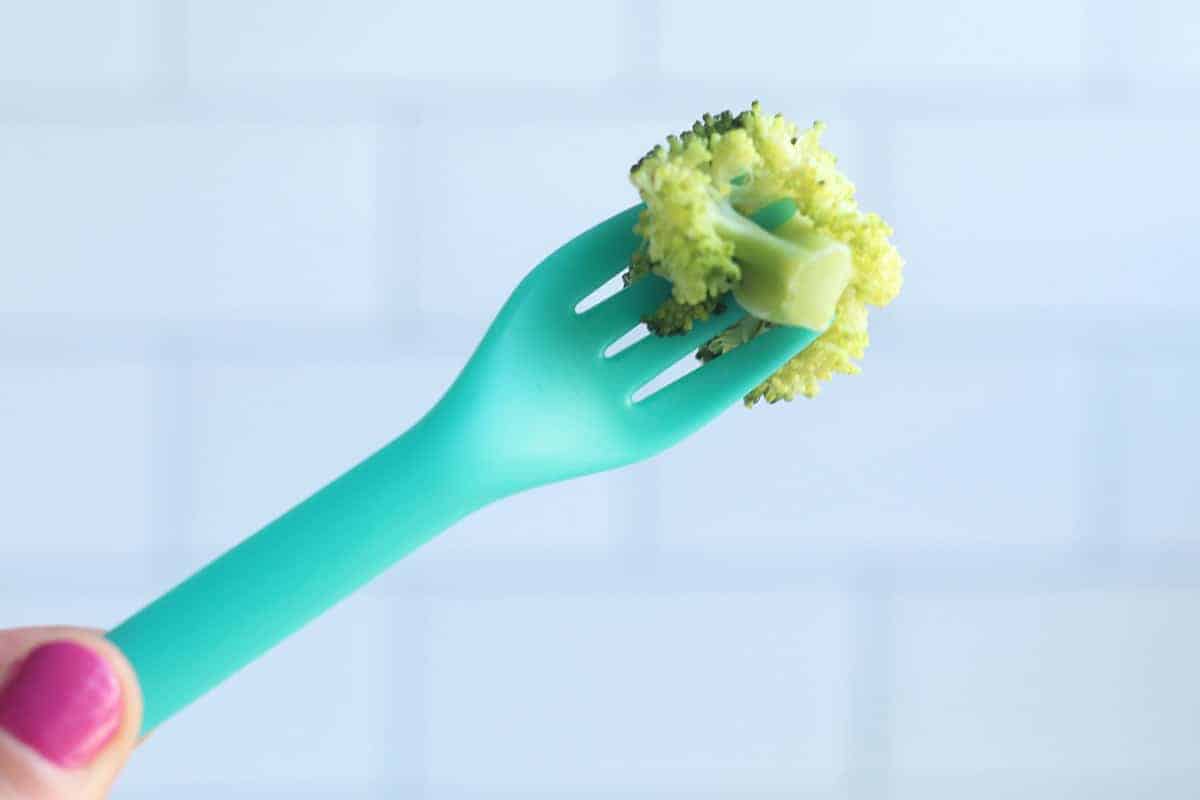
What should I do when my toddler won’t eat vegetables?
I do realize stepping back and allowing kids to decide what to eat from what you serve may mean they don’t eat any veggies, but these tips linked below should help. (My favorite is being sure to expose them to veggies away from the table, too!) Here are 10 Simple Ways to Help Kids Try Veggies.
And you can find our favorite broccoli recipe, the yummiest Sauteed Carrots, and easy dips and sauces to add flavor to recipes. Herbs can be an easy way to add flavor to foods, too.
Also: Vegetables are not the only food group that matters. Fruit has nearly the same nutrition as vegetables and often tastes better to kids. Try not to hyper-focus on this one food group, because that could make things worse (kids are very perceptive!) and remember that it is normal that it takes time for kids to learn to eat a range of foods.
How can I help my toddler try new foods?
New foods can be scary for toddlers and picky eaters, but this, too, is a normal part of this age. There are some simple things you can do to help the little ones try new foods including keeping serving sizes small, avoiding too much pressure, and more. Here are 10 Simple Ways to Help Kids Try New Foods.
It’s important to also model eating a range of foods, such as salad, grain bowls, and more to help expose kids to these foods without any pressure on them to actually eat them. Which is just to say: Eat a range of foods you enjoy in front of the kids. Cook a range of foods over the course of the month. Allow the kids to try things in their own time. They’re still being exposed along the way.
My toddler won’t eat dinner—what can I do?
If you have a toddler who won’t eat dinner (or who doesn’t want to eat what’s on your menu) and it has been going on for a while and is not a one-off thing, I urge you to look at overall feeding habits (jump back up to the Division of Responsibility!).
But also this: Many toddlers, especially 2- and 3-year-olds, are not hungry come dinnertime. They’ve eaten their fill earlier in the day and may be too tired to calm down enough to eat. That can be totally normal.
They may also simply have different taste buds than we do, so you can try to offer a dip or an easy topping that can make a food yummier for them.
It could help to have a boring bedtime snack option, too.
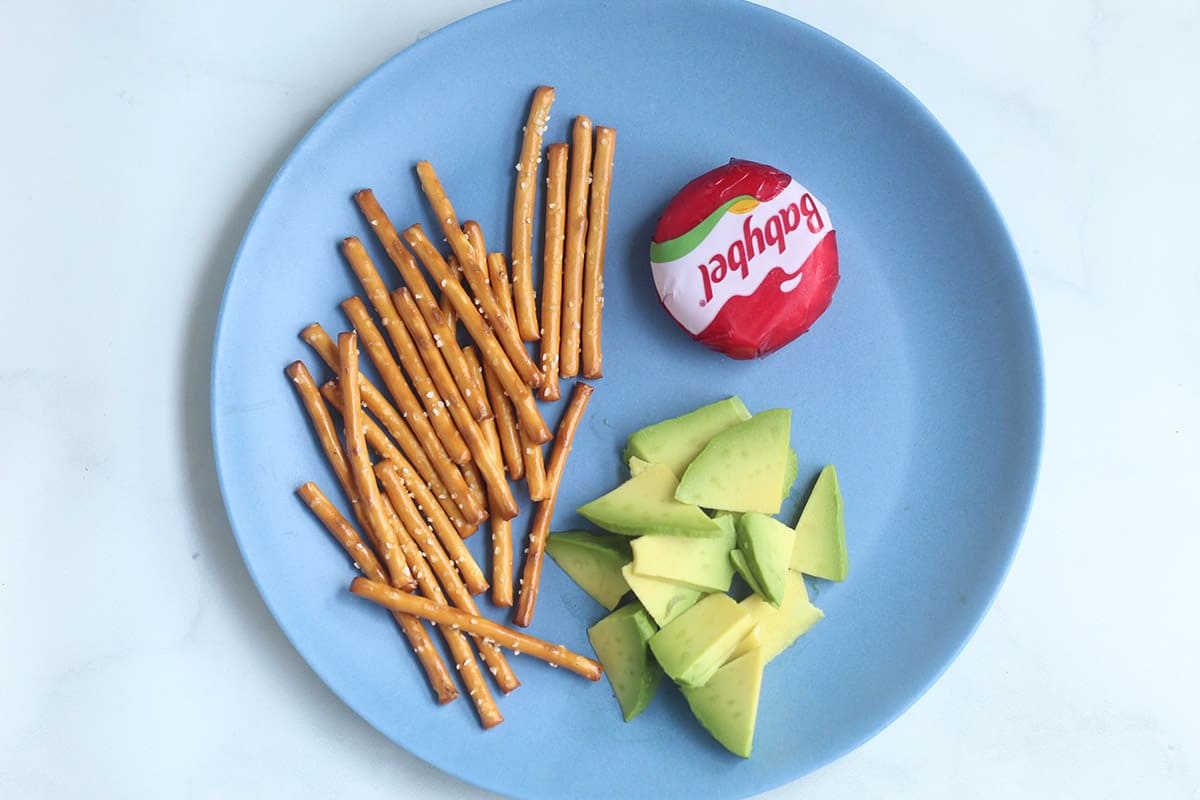
My toddler seems like he doesn’t eat enough. What should I do?
A general rule of thumb from Jennifer Berry of Thrive by Spectrum Pediatrics is that as long as a child is growing, gaining, and meeting milestones, they are eating enough. It may not seem like enough to you, but they are their own person with their own hunger so it can be a great thing to trust them.
If a child suddenly dips or jumps off of their own growth curve, that would be a cause for more concern. So be sure to mention that to your pediatrician. Learn What to Do When a Toddler Won’t Eat and find healthy foods to help a toddler gain weight.
(It’s not recommended to use treats as rewards for eating other foods.)
Is it possible to overfeed my toddler?
If you set regular meal and snack times, and avoid letting the kids graze all day, you should be able to trust a child’s hunger at this age. Sometimes kids are hungrier than we expect them to be due to a growth spurt, a busy day, or a normal phase of increased hunger. And sometimes portion sizes are off in our own minds.
I urge you not to judge their intake in any negative way, but instead to look at their eating patterns over the course of a week. Do they eat more at one meal than the other? Are they seeming to eat one nutrient more than others?
And if you’re worried about the amount of snacks or “processed” foods (though remember that all foods are processed in some way!) the kids are eating, you could try to adjust the proportion of the types of foods you’re feeding the kids. Include all sorts of foods at meals and snacks so we’re not saving “snack” food for just certain times of the day, which could make them more appealing. Kids may also react by wanting more foods that we are withholding to them, which is a classic response to restriction, so sometimes allowing more access to favorite foods can help everyone have less anxiety around food in the longrun.
And also, understand what growth charts mean, and what they don’t, may help, too.
My kids want snacks all day. Help!
Well first, snacks are delicious and are often more fun than the foods we serve for meals. So here are some ideas to help if the kids like snacks more than meals.
- Consider snacks mini meals and try not to serve different sorts of foods at each time.
- Stick to set meal and snack times to create a habit of when we’ll eat. (Just like at a preschool—kids eat at snack time and not during other activities!) Try to have family meals when you can.
- Let the kids eat their fill during meals and snacks without commentary. Let them trust their hunger.
- If a child truly seems hungry, they probably are. And that’s OK!
- There’s nothing inherently wrong with snacks and any food can be a snack.
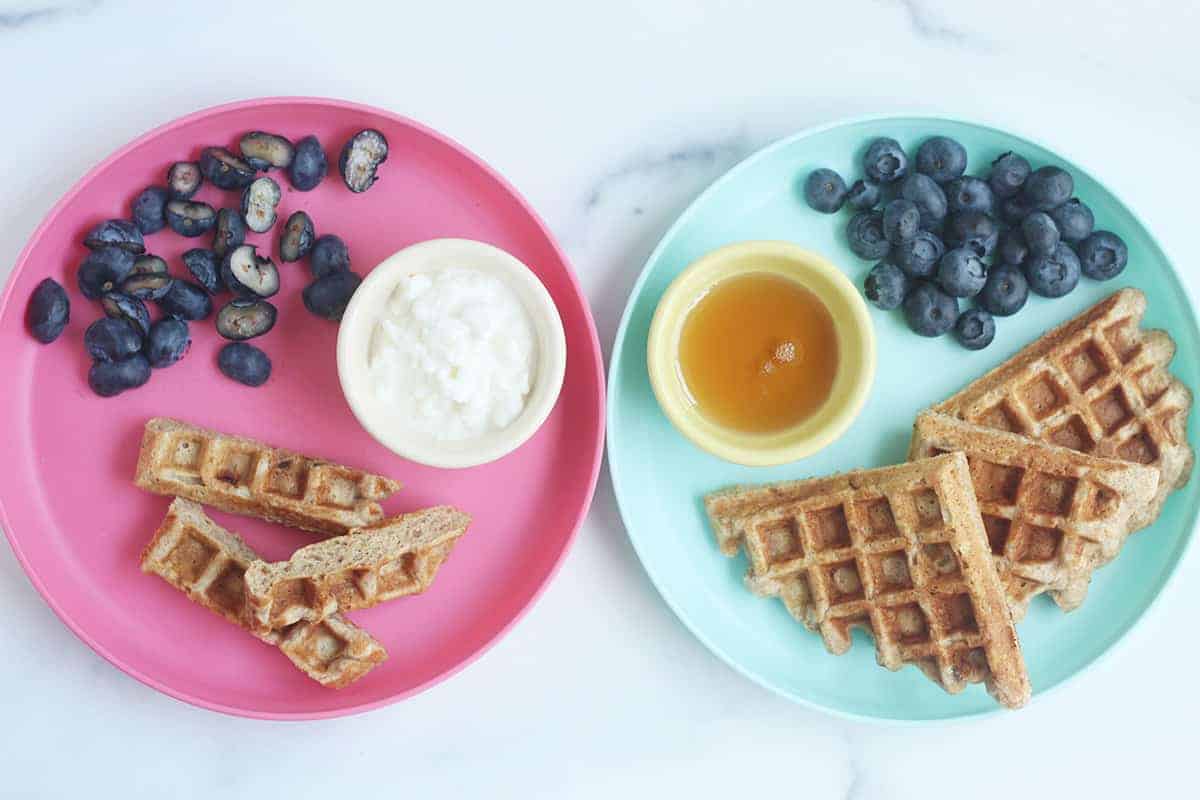
My toddler seems to have issues with different textures. How can I help her?
There are a few different issues that could be happening with texture difficulty, so it’s hard to give one blanket answer. If they have issues with slippery foods, such as bananas, scrambled eggs, yogurt, or slices of ripe juicey fruit, add something to them to make them less so—such as rolling banana slices in hemp seeds or coconut.
If they prefer textures to solids or foods with textures, start slowly adding more in.
You can also encourage them to touch foods with their fingers and to their faces to get more used to them without the scary factor of having to put them into their mouths. Here’s more on How to Feed Toddlers with Texture Aversions.
It’s also possible that a child simply has different food preferences than we do, which can take some getting used to.
Why won’t my picky eaters eat meat?
The texture of meat can take a while for kids to master, and some just don’t love it. It’s normal for a toddler to not love meat, and there are plenty of other ways to get similar nutrients. That doesn’t necessarily make them picky eaters! Learn Good Sources of Iron and How Much (and What Kind) of Protein is Best.
It may be easier for toddlers to chew ground meat, meatballs, shredded chicken, and softer meats rather than chewier options like steak.
What’s the best diet for picky eaters?
I am a big proponent of making and serving your kids the food you want them to eat, but also including 1-2 foods they usually like in each meal so they always have something they like enough to eat. I would encourage you to not just serve them the foods they want at every meal or snack since that could reduce their accepted food options over time.
Include favorite foods AND also include small portions of other foods.
Having meals at the dinner table together, whether it’s a favorite pasta meal, chicken nuggets, sliced apples and crackers, or some other meal, can help mealtime dynamics, too. I know that’s not always feasible, but it may help if you can do it somewhat regularly.
(If there’s a medical condition related to diet or food intake, consult with your care provider.)
Finally, Remember: This Is a Phase
And it will pass. Most kids come out of the worst of it around 6 years old. That may sound like a lifetime when you’re in the thick of it, but as you probably already know, time goes so quickly when raising kids. And it’s okay if it takes a lot of time for the kids to learn to eat a range of foods. Especially when you consider that you (and me) probably ate differently as kids as we do now as adults.
(For more resources on Extreme Picky Eating, these books for parents may help.)
Related Recipes
Please comment below with your feedback, as I’d love to know if you have any additional questions or need any other information!
This post was first published June 2019.
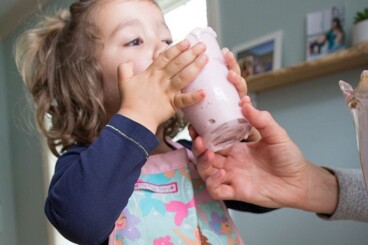
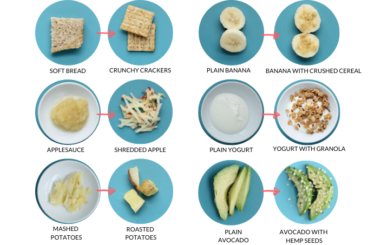
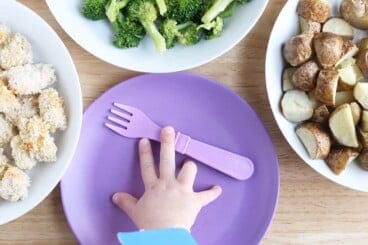
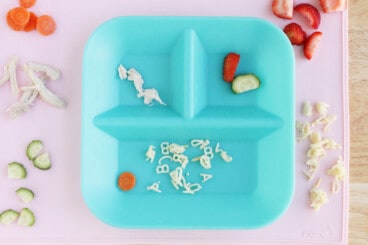



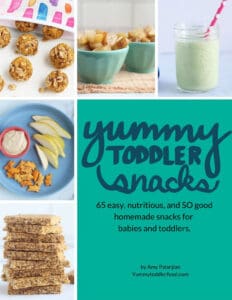














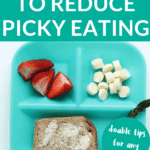
Are you supposed to cook the onions before blending? My pot of lentils tastes like raw onions. I tried cooking longer, but it did not change the taste.
Which recipe are you talking about?
Thank you! This is such great advice & very informative! I found you via Instagram! I currently have occupational therapy for feeding my 16 month old toddler! I was worried he wasn’t normal when it came to eating but I’m realizing he’s completely normal! It just takes time to get them used to eating different foods! Some days he eats a good amount ( my idea of positions) and other days he just takes one bite! of foods.
I’m glad you’ve gotten some reassurance that he’s being a normal toddler!